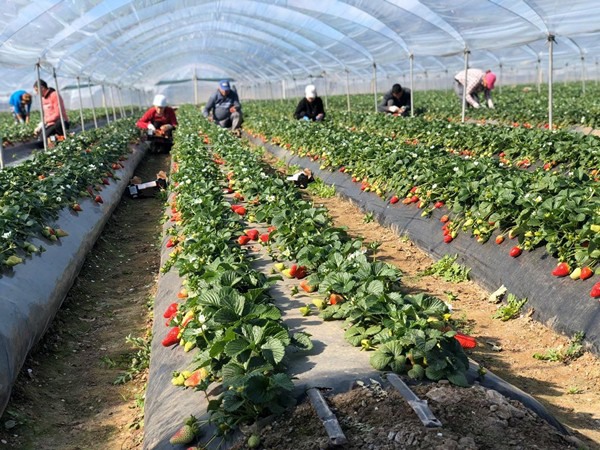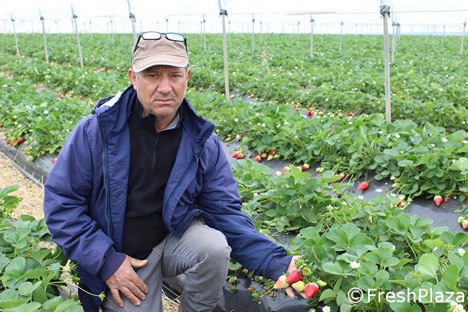"You can grow the loveliest and nicest strawberries on the market and have the best contacts, but if there is no one to harvest the fruits, the season is compromised no matter how much you spent to obtain the best produce," reports Domenico Cuccarese, an entrepreneur from Policoro with 18 hectares of strawberry crops who has had to face serious difficulties in sourcing labor during the previous season.

The lack of labor seems to worry Italian companies more than the current socio-economic and geopolitical situation. "I am more afraid of the lack of labor than of cost increases. As long as operators ask for produce, it means the supply-demand balance is stable. But, if you cannot harvest the produce because there are no workers, then something has gone wrong."
 Domenico Cuccarese
Domenico Cuccarese
"During the last campaign, I had to abandon 9 hectares of strawberries already on April 20th despite the favorable weather. Every year, it gets harder and harder to find workers. I have been doing this job for 40 years, but I do not remember ever having such problems in finding harvesting operators. Up until a little time ago, it was very easy to replace a worker, while now it is difficult to find seasonal workers - both Italian and foreign - although the pay is above union tariffs."
"For better management, I have had to review the varieties planted for the 2022/23 season, choosing cultivars that enable longer harvesting times so as to limit the constant need for workers."
